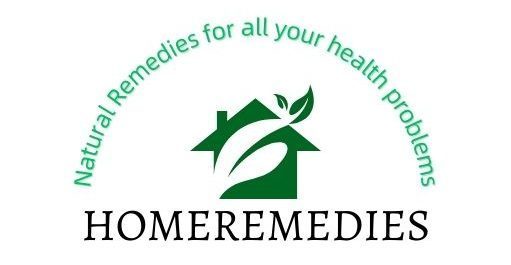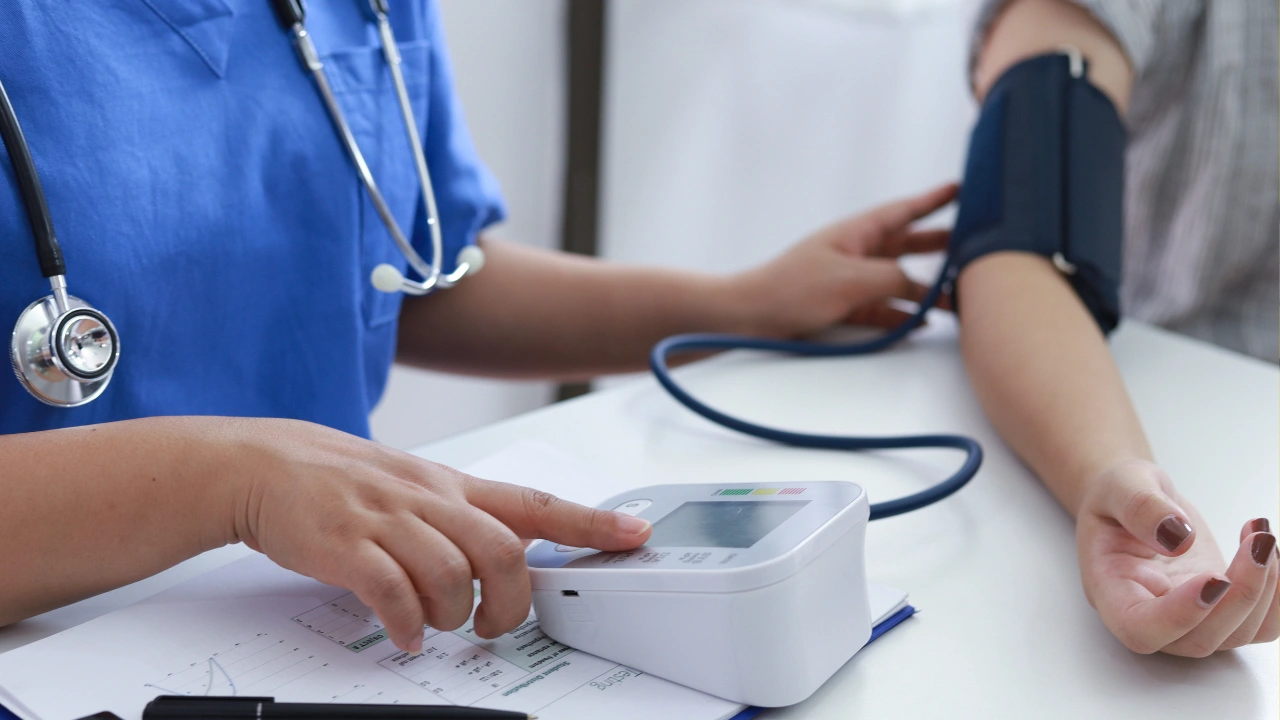High blood pressure – also known as hypertension – is often called the “silent killer” for a reason. It doesn’t always show clear symptoms but can silently damage your heart, kidneys, and brain over time. Fortunately, alongside prescribed treatments, several natural home remedies and daily habits can support healthier blood pressure levels. Let’s explore how to manage this condition effectively from home.
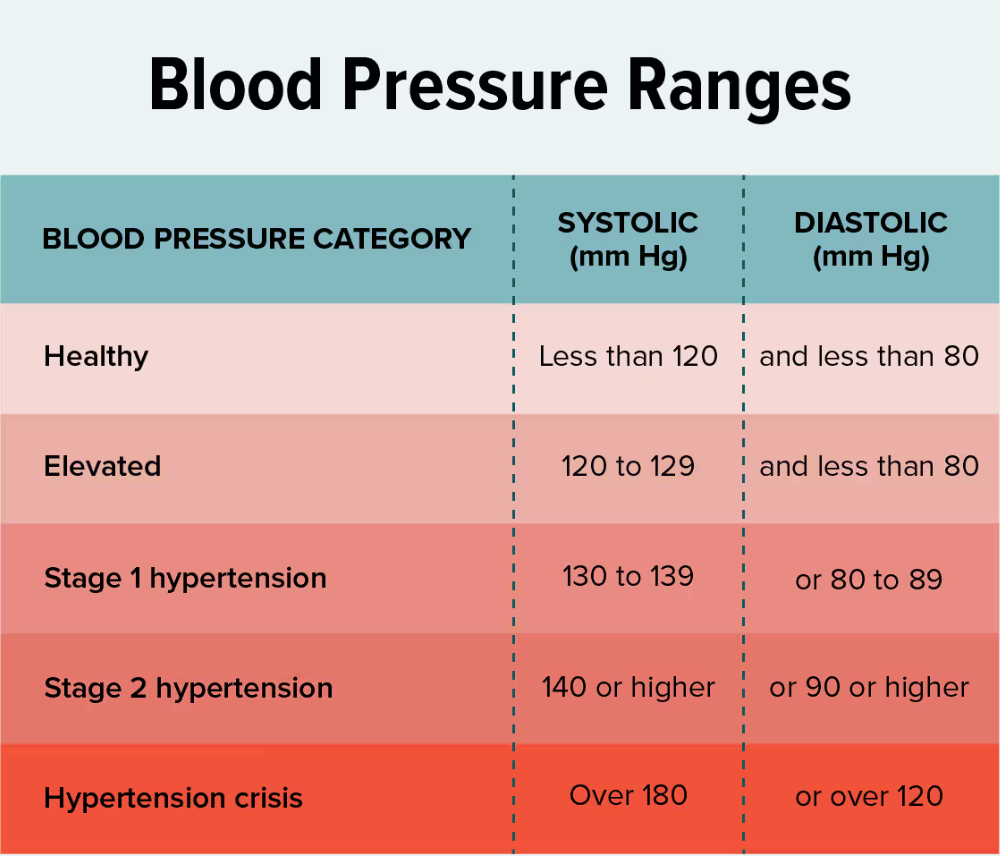
Image credit: Healthline
What Causes High Blood Pressure?
High blood pressure can develop for various reasons, often a combination of lifestyle and genetics. Common causes include:

Image credit: Element Chirocare
Symptoms of High Blood Pressure
Many people with high blood pressure experience no symptoms. When signs do appear, they may include:
- Headaches (especially in the morning)
- Dizziness or lightheadedness
- Blurred vision
- Shortness of breath
- Nosebleeds
- Chest pain
- Fatigue or confusion (in severe cases)
Long-Term Effects on the Body:
Unchecked high blood pressure can damage blood vessels and organs over time. It increases the risk of heart attack, stroke, kidney failure, and vision loss. It can also lead to heart failure, cognitive decline, and aneurysms. That’s why managing your blood pressure early and consistently is crucial.
7 Natural Remedies to Help Lower Blood Pressure
1. Garlic
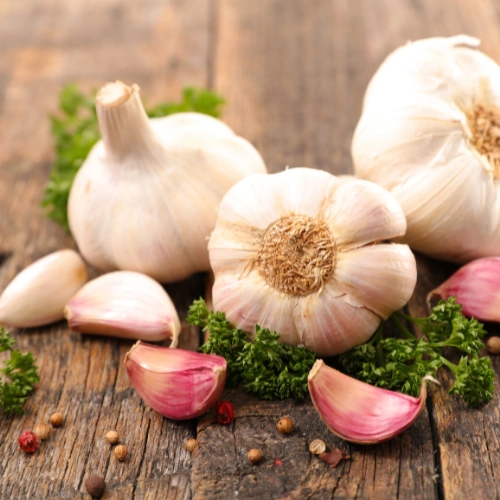
Why it works: Contains allicin, which helps relax blood vessels and improve circulation.
How to use: Eat 1 raw garlic clove daily or add to meals. Garlic supplements are also available.
2. Hibiscus Tea
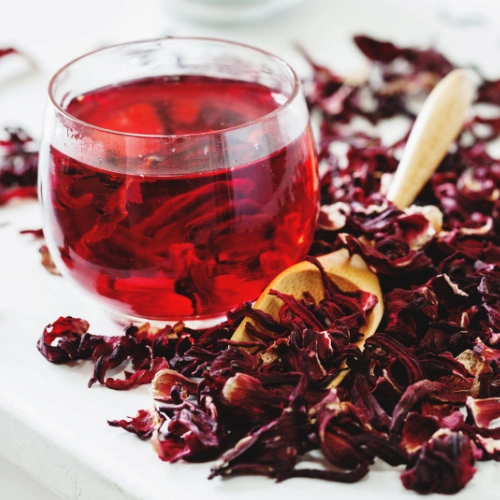
Why it works: Acts as a natural diuretic and helps lower systolic pressure.
How to use: Drink 1–2 cups daily of unsweetened hibiscus tea.
3. Celery Juice
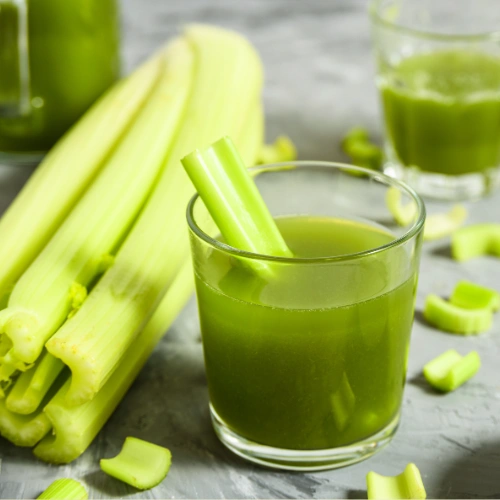
Why it works: Contains phthalides that help relax artery walls and improve blood flow.
How to use: Drink 1 glass of fresh celery juice daily.
4. Flaxseeds
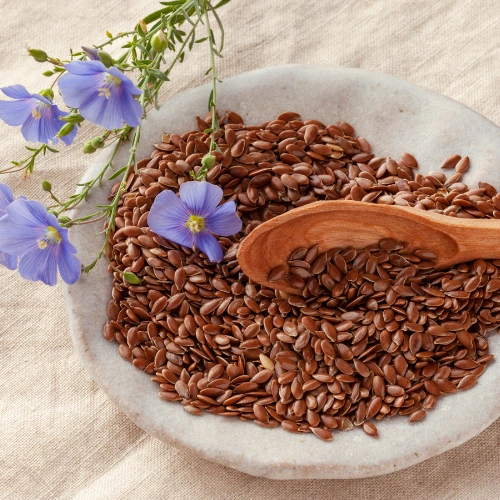
Why it works: Rich in omega-3 fatty acids and lignans that reduce blood pressure.
How to use: Add 1–2 tablespoons of ground flaxseeds to smoothies, oatmeal, or yogurt.
5. Beetroot
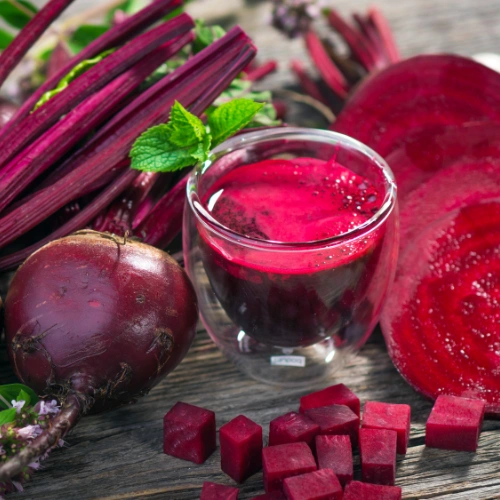
Why it works: High in nitrates, which improve blood vessel function.
How to use: Drink beet juice or eat cooked beets regularly.
6. Potassium-Rich Foods
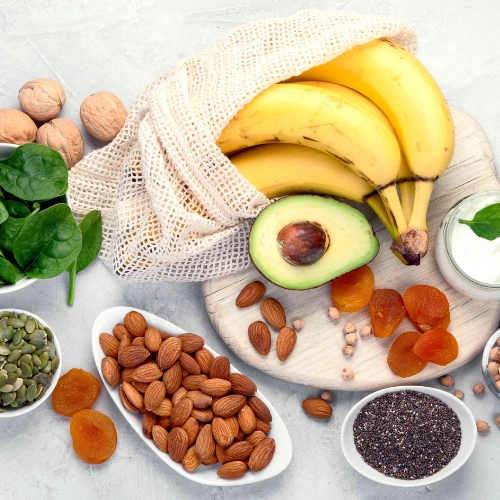
Why it works: Helps balance sodium levels in the body.
How to use: Include bananas, avocados, sweet potatoes, spinach, and white beans in your daily diet.
7. Stress Reduction Techniques

Why it works: Chronic stress can raise your blood pressure.
How to use: Practice deep breathing, meditation, yoga, or spend time in nature for 15–30 minutes daily.
When to See a Doctor
While these home remedies can support your health, they’re not a substitute for medical treatment – especially if your blood pressure is dangerously high over 180/120.
Warning Signs You Shouldn’t Ignore:
- Blood pressure consistently above 140/90 mmHg
- Severe headaches or migraines
- Chest pain or pressure
- Irregular heartbeat
- Shortness of breath
- Sudden confusion or vision changes
- Nausea or vomiting with dizziness
If you experience any of these, seek immediate medical help. You may require prescription medication or advanced care to manage your condition safely.
